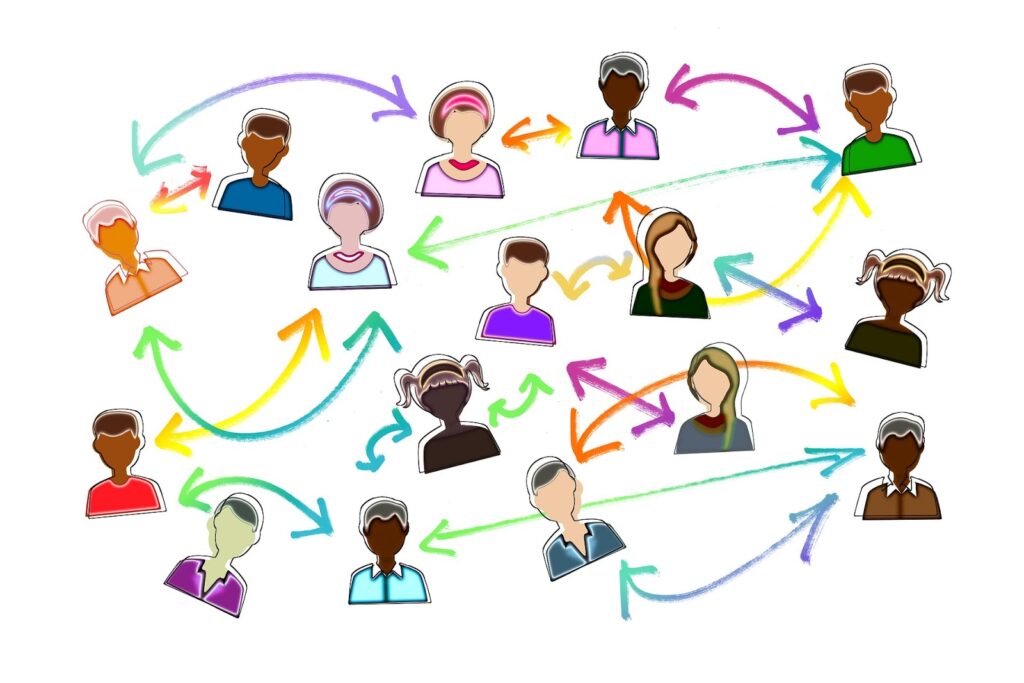Equality is the first fundamental right however humanity is still yet too far from truly proclaiming that all human beings are born free and equal. Although this issue has been discussed for a long time, inequality continues to be a challenge. Gender inequality is a substantial part of the problem and therefore it must also continue to be addressed.
According to the World Economic Forum, from 2018 it will take 108 years to close the gender gap in the workplace. This means that most women that are alive today are not going to be able to work in a gender equal environment during their lives. Even worse, is the fact that this number, a big one indeed, only reflects a situation concerning labor matters.
Regarding gender violence, the situation is very serious. One out of every three women around the globe has experienced physical and /or sexual violence. Even some European countries, which are known for having advanced equality laws, struggle with this situation. Take Germany in which 32% of men consider it “justifiable” for a man to hit his partner under certain circumstances or Denmark where 50% of women have experienced these types of violence.
With the outbreak of COVID-19, the situation has become even more difficult. UN Women has alerted all countries about the increasing numbers regarding domestic violence and the need to prioritize this issue more than ever, the reason: while preventing violence countries achieve more equality, more development, and this year particularly, less collateral damages related to the pandemic.
Unfortunately, countries have not heeded UN Women’s recommendations or have not been able to apply them in this tumultuous year. This is precisely what has brought us even further away from effectively implementing the Sustainable Development Goals (SDGs) than we were before the start of the pandemic. Consequently, the Corona crisis should be considered a further particularly good reason for governments to finally take action to achieve all SDGs.
It is necessary to promote equality from different angles. Starting from small places such as schools, neighborhoods, or nonprofit organizations to, of course, political platforms and international organizations.
Certainly, it is naive to think that this is going to happen over night. Especially implementing SDG 5 which is to achieve gender equality and empower all women and girls will be an uphill battle in territories where governments find that to recognize women’s rights risks their power. This has been the rhetoric in many countries, from the time of the initial recognition of civil rights to more contemporary issues such as the right to abortion in countries such as Poland, Argentina, Mexico or Unites States of America. Therefore, it is necessary to promote equality from different angles. Starting from small places such as schools, neighborhoods, or nonprofit organizations to, of course, political platforms and international organizations.
The lack of women’s participation in leadership positions is not a new issue, it has been remarked throughout the years. The Beijing Declaration and Platform for Action approaches it and establishes a strategic objective around this topic. Thus, it is time to help its implementation. It is not about numbers it is about the implementation of decision-making mechanisms that promote the construction of a safer and more sustainable world.
Precisely, the 64th Session of the Commission on the Status of Women at the UN (CSW64) was scheduled to be held in March 2020. The session was suspended until further notice due to concerns regarding the COVID-19 pandemic but its main focus on the implementation of the Beijing Declaration and Platform for Action still needs to be discussed and promoted. Moreover, it must be approached in light of the world´s new reality and the disproportionately negative effects that it has, once again, on women.
Without a doubt, the commitment of all feminists is necessary now more than ever to prevent setbacks on our rights.
A political statement such as the one issued by states as a result of the suspension of the CSW64 is not enough. The pandemic is not an excuse for governments to stop complying with the mentioned Declaration as well as with other international treaties. Especially, it must not be used to suppress rights or to commit human rights violations.
Without a doubt, the commitment of all feminists is necessary now more than ever to prevent setbacks on our rights. Given the current circumstances in which quarantine has become part of our lives, digital initiatives created by committed people are crucial. The objective is to keep our voices alive and to contribute by paving the way for reaching leadership positions in which women and people with gender awareness can make significant contributions to create better societies.





![On slut-shaming – the case of Estonia – MEENUTAME: TOP 20 kõige kahjustavamat noortenõu Dr. Noormannilt* [EN/ET]](https://www.youngfeminist.eu/wp-content/uploads/2016/01/24534942415_3175234776_b-150x150.jpg)
![In Turkey, girls aren’t raised to be heroines – Türkiye’de kızlar, kahraman değil, terbiyeli, edepli olmak için eğitiliyorlar [EN/TR]](https://www.youngfeminist.eu/wp-content/uploads/2016/01/s592-150x150.jpg)
Average Rating